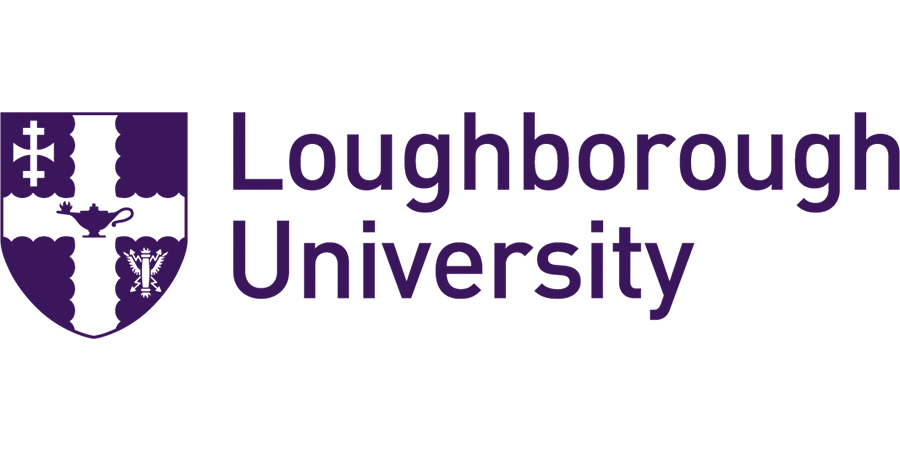PhD Studentship: Reconstruction Fashion’s Plastic Transition in The Lake Sediment Record to Inform a Greener Fashion Future
Loughborough University
| Qualification Type: | PhD |
|---|---|
| Location: | Loughborough |
| Funding for: | UK Students, EU Students, International Students |
| Funding amount: | £19,237 per annum |
| Hours: | Full Time |
| Placed On: | 26th November 2024 |
|---|---|
| Closes: | 8th January 2025 |
Project Details
Microplastic fibres (MFs) are the most abundant microplastic shape in the environment. Released from the production, day-to-day wear and laundry of garments, MFs have been identified in aquatic sediments dating to the mid-twentieth century. However, environmental scientists are now reporting a dominance of natural fibres (NFs) such as cotton and wool in present-day environments globally, which are introduced to the environment via the same mechanisms as MFs.
Although NFs are frequently marketed as ‘green’ and ‘biodegradable’ alternatives to plastic-fibred garments, they undergo extensive processing and chemical treatment to change their physical properties (e.g., dyeing). These processes influence the degradability of natural textile fibres. There is therefore a pressing need to understand the environmental prevalence, persistence, and impact of textile fibres of all types, not just plastic, to inform best practice for this industry and its consumers.
This interdisciplinary PhD will explore MF and NF presence and prevalence in freshwater and coastal sediment records. It will use environmental reconstructions to understand environmental legacies of contemporary textile manufacturing, and consider the timescales that MFs and NFs are able to act as indicators of anthropogenic activity, to better inform discourses of sustainable fashion.
Entry Requirements
Applicants will normally need to hold, or expect to gain, at least a 2:1 degree (or equivalent) in Geography, Forensic Science, Chemistry, Earth Science or Environmental Science, or an appropriate Master’s degree.
Funding
This studentship which is partially funded by NERC, provides a tax-free stipend of £19,237 per annum (in 2024/25) and tuition fees at the UK rate for 3.5 years. It also provides a Research Training Support Grant (RTSG) of £8,000. Due to UKRI funding rules, no more than 30% of the studentships funded by this grant can be awarded to International candidates, but successful International candidates will have the difference between the UK and International tuition fees provided by the University.
How to apply
- Complete a CENTA studentship application form in Word format.
- All applications should be made online via the above ‘Apply’ button. Under programme name, select “Geography and Environment”. During the online application process, upload the CENTA studentship application form as a supporting document. Please quote CENTA2025-LU11 when completing your online application.
- Application closing date is midnight (UK time) on Wednesday January 8th, 2025. Interviews for short-listed candidates are expected to be held in the period Monday February 3rd – Friday February 14th, 2025.
Advert information
Type / Role:
Subject Area(s):
Location(s):









